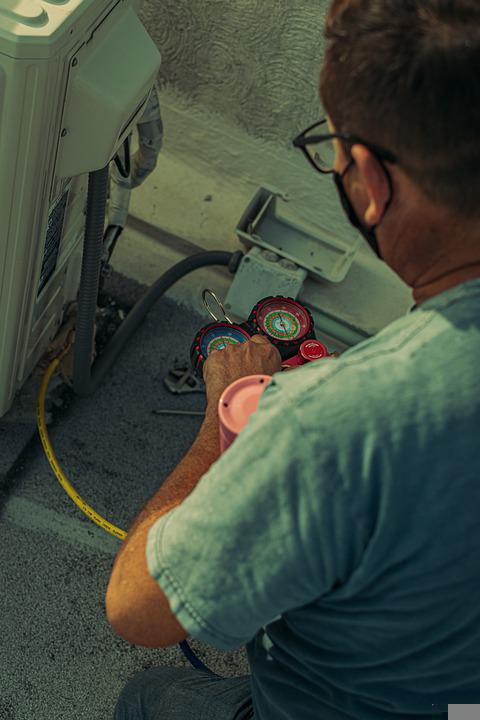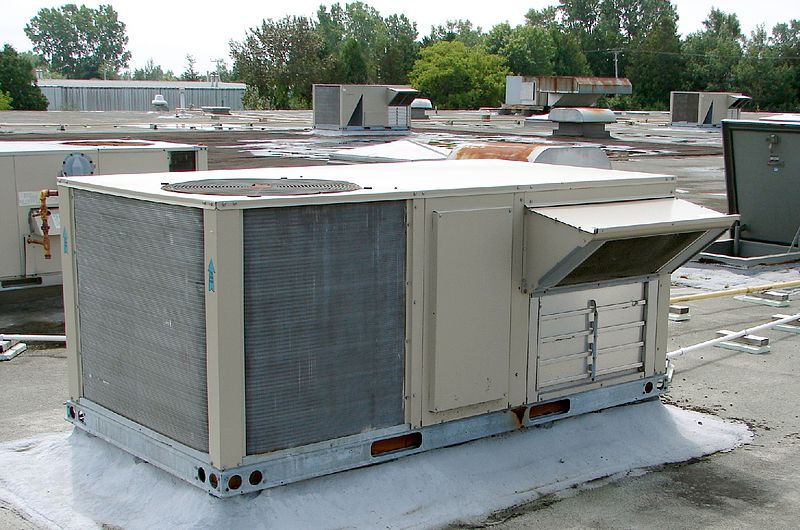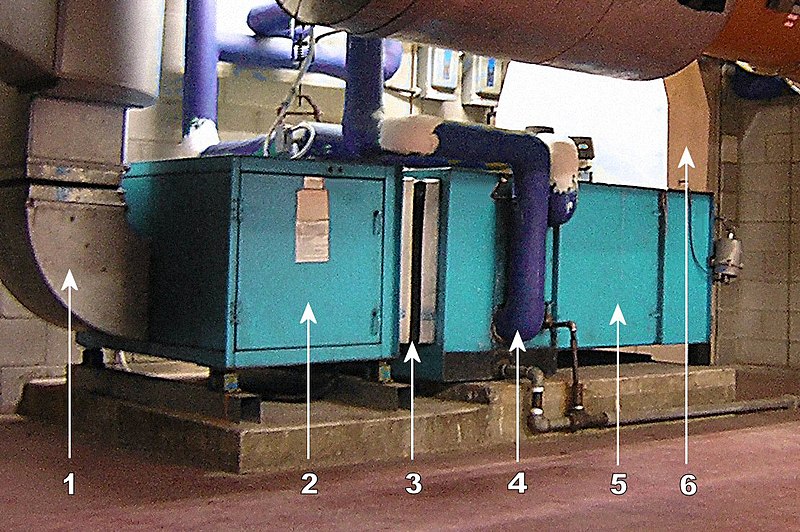Are you an owner of a home with an HVAC system?
An HVAC system inspection is something that every homeowner should do on a regular basis. These inspections are important because they help ensure your system is running properly and identifying any potential problems before they turn into costly repairs.
In this article, we’ll outline what you need to know about HVAC system inspections so you can be prepared if you ever need to have one done on your own home.
Before getting started, you can check out this blog post from the team at Anderson Air if you’d like to learn more about plenums in HVAC and why they are useful.
What is an HVAC system inspection and why do you need one?
Homes are made up of many different mechanical systems, all of which require regular maintenance in order to function properly.
One such system is the HVAC, or heating, ventilation, and air conditioning system. An HVAC inspection is a thorough checkup of this system, conducted by a trained professional. Additionally, the HVAC system inspection cost is generally between $100 to $200, but it can cost more under certain circumstances.
During an inspection, the technician will test all of the components of the system, while looking for any signs of wear or damage. They will also check that the system is properly calibrated and operating at peak efficiency.
Throughout the inspection, the technician will also take the time to clean the HVAC system and assess all of the connections. The technician may also give you recommendations for repairs or replacement parts if necessary.
By catching any problems early on, an inspection can help to prevent costly repairs down the road.
How regularly should you have your HVAC system professionally inspected by a technician?
Homeowners should hire experienced hvac consulting engineers to inspect their HVAC system at least once a year. This will help to ensure that the system is running efficiently and that there are no potential safety hazards.
By having the system inspected on a regular basis, homeowners can rest assured knowing that their HVAC system is safe and reliable.
What are the benefits of annual HVAC system inspections?
Having a regular HVAC system inspection has numerous benefits, some of which include the following factors:
Identify potential problems before they arise
First, an HVAC inspection can help to identify any potential problems with the system before they cause major damage.
Improve the productivity of your home’s HVAC system
Second, it can help to improve the efficiency of the system, which can save you money on your energy bills.
Increase your HVAC system’s lifespan
Third, it can extend the lifespan of the system by catching any small problems that, if left unchecked, could lead to bigger issues down the road.
Peace of mind
Finally, it can give you peace of mind knowing that your HVAC system is in good working condition. All of these factors make regular HVAC system inspection a wise investment. To get the most benefit from an inspection, hire a professional who has experience and training in inspecting and servicing HVAC systems.
They might reduce your energy costs
A service expert will inspect each part of your heating and cooling system as part of the HVAC inspection procedure. The air filter, refrigerant pressure, drain pans, evaporator and condenser coils, and any other moving elements of the system will be examined. Monitoring the parts of your HVAC system enables you and the technician to undertake preventive maintenance and avoid minor issues from developing into major ones. Your energy costs will decrease over time if you take care of minor issues since your heat pump or HVAC system will not have to work as hard to compensate for them.
The technician will test certain components during an examination to see how well they function rather than just how they appear after years of system use. This will help you understand how your system is functioning. If your firm has a relationship with an HVAC service provider like Air Comfort, you can work with them to put preventative maintenance procedures in place for the HVAC that will save energy expenditures.
Inspections Can Enhance the Quality of Your Indoor Air
Since the system is periodically tested and examined, when you have your air conditioner and heating system inspected, it will be cleaned and operate more efficiently than it would without inspections. This indicates that compared to an uninspected system, an HVAC system will generate an air of higher quality. This justifies spending money on business HVAC upkeep. When you get your system repaired, it will operate more efficiently and provide higher-quality air than if you wait until a significant failure occurs.
HVAC system inspection checklist — How can you prepare for an HVAC system inspection?
If your home’s heating and cooling system is due for an inspection, you’ll want to be sure that the appointment goes as smoothly as possible. Here are a few tips to help you prepare:
- Always hire a professional technician from a reputable company. This will ensure that the inspection is conducted properly and that any necessary repairs are made.
- Ensure that the area around the HVAC unit is clear and free of potential tripping hazards or obstructions. The technician will need access to the unit in order to inspect it properly.
- You should be prepared to answer any questions the technician may have about your system. It’s important that they have all of the information they need in order to properly assess your system’s condition.
How can you keep your HVAC system operating efficiently all year long without any problems or surprises down the road?
There are a handful of tips and tricks that you can utilize if you want to keep your HVAC system operating efficiently all year long.
Some helpful tips include:
Hire a professional to service your system regularly — They will be able to clean, adjust and fix any components that are not working properly.
Change your air filters regularly — Taking the time to change your air filters on a regular basis will help to improve airflow and prevent dirt and dust from building up in the system.
Keep your thermostat at a recommended temperature — Doing this will help minimize wear and tear on the HVAC system and keep your energy bills low.
What Is Involved in An HVAC Inspection?
Here is what to do and what to anticipate after you have a scheduled HVAC inspection:
- Ensure that all HVAC parts are easily accessible (free from obstructions).
- Make a note of the things that worry you, including noises, smells, and anomalies.
- By ensuring that every component of your HVAC system is clean and in good functioning condition, your expert will remove any potential safety issues.
- Additionally, built-in safety features will be examined.
- Your vents or flues will be examined to ensure that they are free of blockages, clean, undamaged, and correctly venting to the outside.
- Examination of HVAC ducts for accumulation of dust and filth.
Achieving home safety and determining if your HVAC system is providing the level of comfort, you now expect from your house are the two goals of HVAC inspections. An HVAC examination reveals areas that may be cleaned, repaired, or replaced to boost efficiency and improve the overall heating and cooling of your house. Your HVAC system can often be kept running at its best with just cleaning, lubrication, and little repairs.
Additionally, your specialist will inform you of problems like wear and tear or inappropriately sized equipment so you may think about alternatives, such as a potential system replacement.
What Is the Duration of An HVAC Inspection?
An inspection of a residential building’s one to the three-zone heating and cooling system typically takes one and a half to two hours. Depending on the size of the house and the number of HVAC system components, this time may go up or down.
Note that the length of an HVAC check will also vary based on the technician’s qualifications and knowledge of your HVAC system.
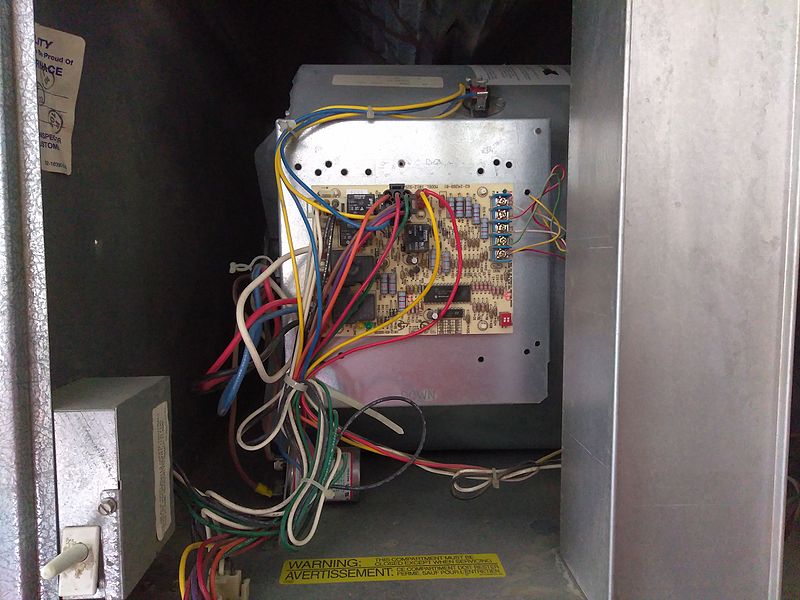
What Is the Cost of An HVAC Inspection?
An HVAC check might cost as little as $200 for a home with 1,000 square feet or less. You should anticipate paying upwards of $600 for this service depending on the size of the property or the extent of the HVAC system. You could be charged individually for cleaning and small repairs.
Tip: Different HVAC companies have different prices and minimal costs. Before committing to any services, ask about their inspection fees, any additional costs, and any prospective add-ons.
How Often Should HVAC Be Inspected
Annually. Your HVAC system (central air conditioning and/or furnace) should be maintained once a year to maintain peak performance.
For areas with very cold weather that need near-continuous heating or those with extreme heat necessitating near-continuous cooling, consider servicing your HVAC system once every six months.
How to Inspect an HVAC System
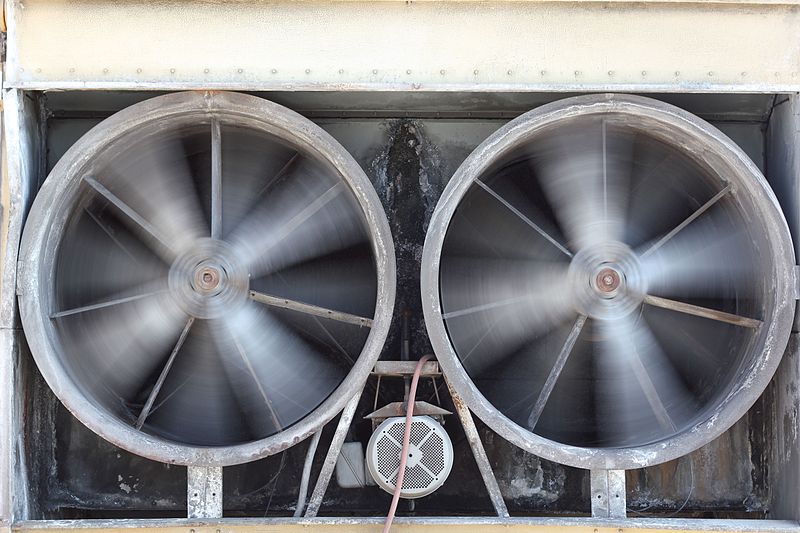
The heating, ventilation, and air-conditioning system was one of the greatest house investments, and it has to be inspected annually to make sure it operates efficiently. The primary cause of most system breakdowns is neglected and filthy HVAC equipment. While a homeowner can examine his own HVAC system, local state rules may demand that any faults be fixed by a licensed expert. You can think about an annual maintenance or service contract after doing a do-it-yourself HVAC system examination to safeguard your HVAC investment.
- Check all of the functions, starting with the thermostat, to ensure proper operation. Verify that the heating and cooling systems both shut off when the temperature is reached.
- The circuit breakers that power the heater and air conditioner should be shut off. The electrical service panel contains the circuit breakers. Till the conclusion of the HVAC check, leave both units off.
- Ensure that no electrical connections are loose.
- When physically checking moving parts, keep an ear out for any sounds or squeaks.
- Locate the condensate drain and look for obstructions. To prevent rust from developing on interior components, condensation that accumulates during HVAC operation needs to be properly drained. Condensate drain blockages can encourage the growth of mildew and germs within the house.
- All air filters connected to the home’s cold air returns should be taken off and cleaned. Clean your HVAC system every 90 days to increase efficiency.
- If your home utilizes gas, smell for gas leaks close to any gas fittings. Examine heat exchangers and burners for degradation, odd coloring, and cracks.
- Check for dirt and debris in the system. The effectiveness of the system is impacted by an accumulation of dirt and debris. To get rid of any accumulation of dust, use a tiny handheld vacuum.
- Look for any buildup of debris or dust on the air-conditioning coils. Coil vacuuming will increase cooling effectiveness.
- After your examination is over, turn the circuit breakers back on.
Types of HVAC Inspections
Most HVAC firms do three standard checks of the HVAC system; however, they may go by other names.
- HVAC tune-ups – An HVAC tune-up is another name for your HVAC check. These tune-ups come after a thorough examination of your heater and air conditioner. It is advised for your heater in the fall and your air conditioner in the spring. Breakdowns may frequently be avoided with regular maintenance and comprehensive inspection.
- HVAC Repair – When your HVAC system is not cooling or heating your home effectively, it is arrived to evaluate your system and identify the issue. Since the focus of this kind of examination is on resolving the issue, it is typically not as thorough as a tune-up session.
- HVAC Inspection – These inspections include a thoroughly documented audit of the system’s performance, installation details, equipment age, and recommendations for repairs or enhancements. These kinds of inspections are ideal for homeowners who want to purchase or sell a property as well as for HVAC second views. It frequently has a more thorough character than a regular house inspection. A certified HVAC technician is an expert who might be able to advise you on the likelihood of future system issues. A complete examination provides homeowners with the knowledge they need when assessing an HVAC system’s health and durability since your HVAC system investment is only second to your home’s roof.
HVAC system inspection — Endnote
A comprehensive HVAC system inspection is the best way to ensure your heating and cooling equipment is running at peak performance.
Have you scheduled your annual HVAC system inspection yet?
If not, contact a reputable HVAC service today and rest assured knowing that your family’s comfort is in good hands.

